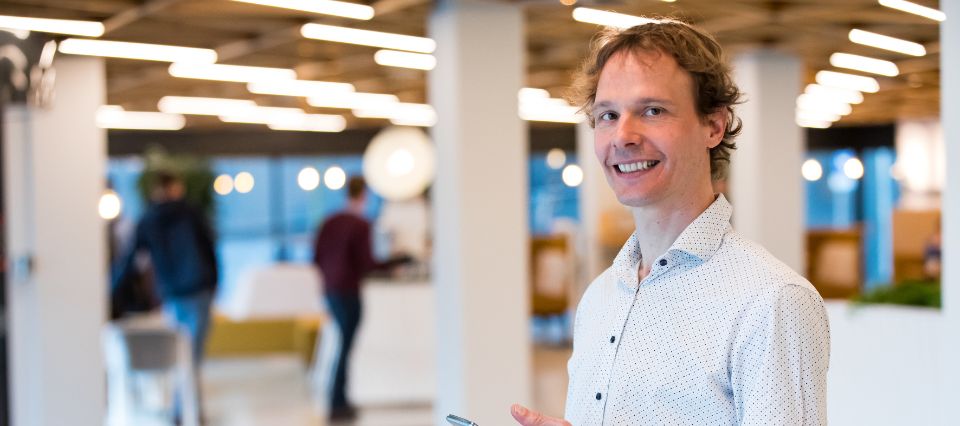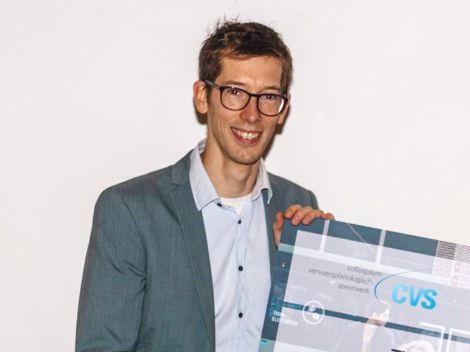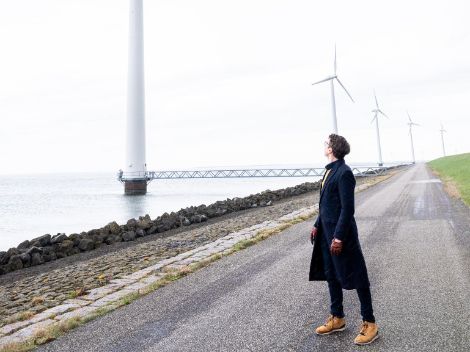Three questions for Otto Schepers

Otto Schepers is head of Digital Acceleration and Support (DAS) at Witteveen+Bos. He is leading the digital transition. We asked Otto three questions.
1. Why do you think digitalisation is so important?
‘We are currently faced with major social challenges, including climate change, biodiversity, nitrogen, the energy transition, and the housing problem. There’s an awful lot we need to do in a short amount of time, and this can no longer be achieved simply by working harder. We need to work smarter. Newly available digital technologies and processes make this possible. As engineers with experience in all stages of a project, we can contribute to accelerating the construction chain’s digitalisation and to linking project stages – from initial planning to execution. And by doing this, we can help the government, the market and residents to more effectively work together and tackle society’s problems faster and with wider involvement!’
2. What does your digital transition look like?
'Our transition is gradual and has been going on for several years. The last three years were mainly about vision formation, developing the first robust digital services, our digital talents and a supportive digital organisation. We have done this with an ever-growing group of frontrunners inside and outside the organisation. In which we reinforced bottom-up initiative by creating the necessary space top-down. And especially by cooperating a lot with partners and customers. In doing so, we work from a broad portfolio idea. What matters to us is our integral service provision. We strengthen it with integrated digital solutions. The digital 'tools' are not a goal in themselves. We now have a strong base of knowledge, experience and solutions that we will use in the coming years to connect and accelerate an ever wider group of colleagues, customers and other stakeholders.'
3. How do you see the future of Witteveen+Bos in ten years' time?
'In ten years' time, we will enable our stakeholders to use our digitised domain knowledge to increasingly explore problems, devise variants, make trade-offs and realise solutions themselves and make the best possible use of them. As a result, we remain an integrated domain consultancy with the digital skills and digital services to unlock that domain knowledge. In this way, we continue to offer our clients the best personal solutions for the challenges they face. Whether that is analogue or digital.'


